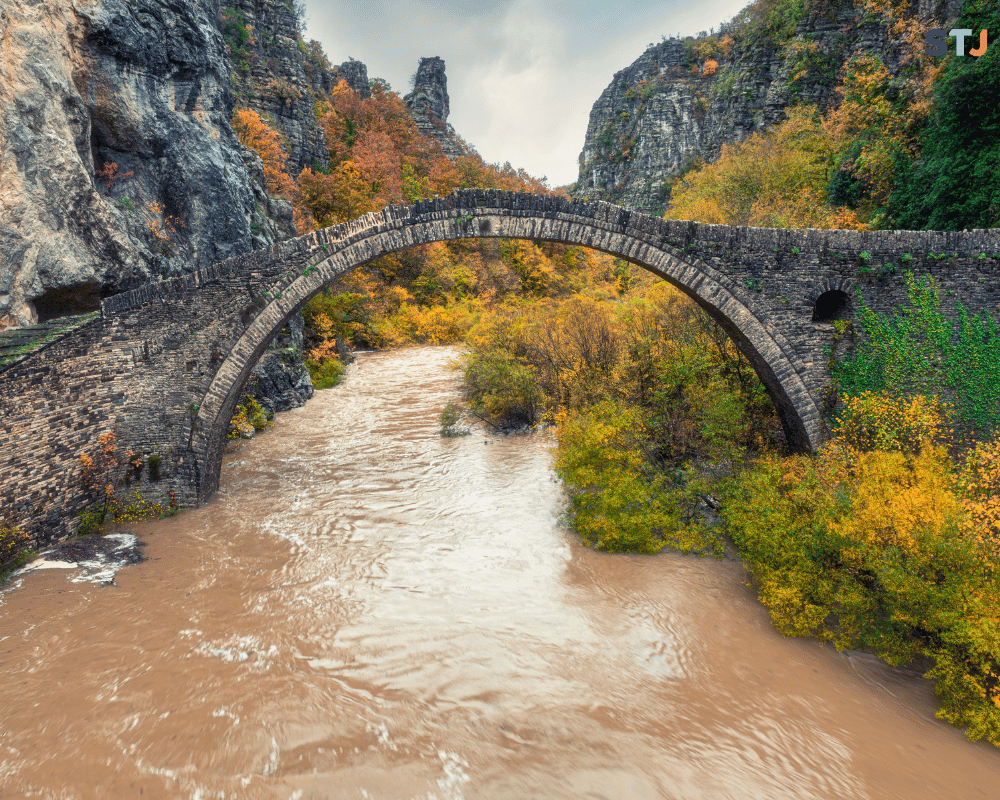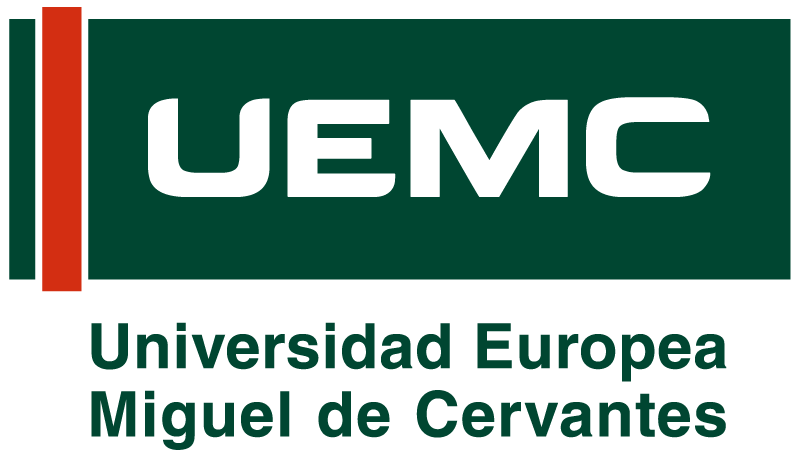By Lorenzo Olivieri.
At the end of a lesson about the ethics of Travel Journalism, Professor Marck Guttman made an interesting exercise: he showed us two slides, with 12 places each. The first one included places like Bali, Amalfi, Ibiza, Cancun, Dubai. He then asked the class which of them we recognized. The class recognized most, if not all of them. The second slide presented places such as: Boquete, Pucon, Taos, Jasper, Etosha, Selva di Val Gardenia, Zagori. We were as confused as we were now aware of the point of the exercise. The places in the latter slide were not unknown. Jasper is the second most visited national park in Canada. Etosha, in Namibia, is one of the biggest national park in Africa. Selva di Val Gardenia is a well renowned location for skiing in the Dolomites.
The point was clear: the world is full of places just as worthy, just as breathtaking—yet somehow, we all flow toward the same few. The same postcards. The same Instagrammable sunsets. Why?

One of the places from the second slide was calling to me. I definitely heard it before, yet I couldn’t remember where exactly. After the lesson, I pulled an old road map of Greece, where I’m living at the moment. I am up in the north, near the Albanian border. As magic it was in my memory, here it is, appearing under my hands in this consumed and worn out map, just north of Ioannina. Zagori, Zagorochoria. The name had a Tolkienesque ring to it, something ancient and mystical that couldn’t stop fascinating me. Little more than sixty kilometers away, yet it might as well have been another world. No buses ventured there, no trains cut through the mountains, no way to get there except by car.
Our car.
The one whose right tire had blown the night before in a rocambolesque trip down the mountain back from the carnival in another village, leaving us stranded. Now, it sat useless, as out of reach as Zagori itself.
The region encompassing Zagori is astounding and untouched by tourism. I speak with a local, who says they are starving for tourism. Yet, tourism in Greece only seems to touch the white and blue beaches in the far away islands, overcrowding them with people to their maximum capacity. Of course, as mentioned by Marck, places that draw tourism, tend to attract more tourism. Places that already are well established in the tourism industry have the infrastructures, the roads and the transport to attract a wide range of visitors.
Proposing a destination for the Final Project is not only talking about a place. It is a difficult task of reimagining a place in accordance with the desires and the needs of the local population. It is also working in collaboration with local authorities, to provide the necessary infrastructures without heaving on the already rare transports. This means creating small, sustainable shuttle system from Ioannina, reducing the need for private cars without introducing disruptive mass transit.
Promoting slow travel: no Instagram-chasing hordes but longer stays—hikers tracing the Vikos Gorge, writers retreating in stone guesthouses, travelers who come for silence rather than selfies. Partners with local businesses to offer homestays, ensuring money flows directly into the community.
It’s about ensuring that if tourism comes, it comes on the region’s terms.
- Collaboration, Not Imposition – Locals, not outside investors, should lead the planning.
- Limits Before Explosion – Set visitor caps before they’re needed, not after it’s too late.
The road, as the one to Zagori, may be bumpy and sometimes difficulties may look like having a flat tire before a trip. But the path forward can be paved in a way where tourism is a lifeline, not a parasite. Epirus doesn’t need mass tourism, it needs the right tourism.
This article is part of the practical work carried out by the students of the Master’s in Travel Journalism.
than selfies. Partners with local businesses to offer homestays, ensuring money flows
directly into the community.

